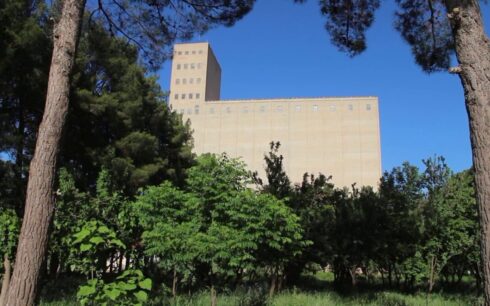KABUL, Afghanistan — Taliban on Tuesday launched work on the remaining phases of three major electricity development projects in the southern provinces of Kandahar, Zabul and Helmand, according to a statement.
Abdul Ghani Baradar, the Taliban’s deputy chief minister for economic affairs, who travelled to Zabul, said the projects as “significant steps” toward achieving self-sufficiency in the electricity sector and fueling economic growth.
The projects include the completion of the Qalat Substation in Zabul’s capital, the Kandahar East Substation, and the extension of a 110-kilovolt transmission line from the Kajaki Dam in Helmand to Kandahar. The total cost is estimated at around one billion Afghanis, or roughly $13 million.
Baradar said the initiatives would allow the full transfer of electricity generated by the Kajaki Dam to Kandahar, providing power to homes and supporting industrial development. “This electricity will illuminate homes and promote industrial growth,” he said.
He added that the Taliban administration is pursuing broader efforts to generate domestic electricity. Recent agreements with the private sector aim to produce an additional 250 megawatts from solar, wind and gas sources across multiple provinces, according to Baradar’s office.
Taliban officials at the ceremony underscored the need to expand domestic energy production, complete stalled projects, and secure electricity for Afghanistan’s industrial, commercial and agricultural sectors.
Afghanistan’s electricity is highly dependent on imported electricity from countries in the region, especially Tajikistan and Uzbekistan. This comes as event the residents of Afghanistan’s capital, Kabul, are faced with severe power shortages and have access to few hours of electricity daily.





